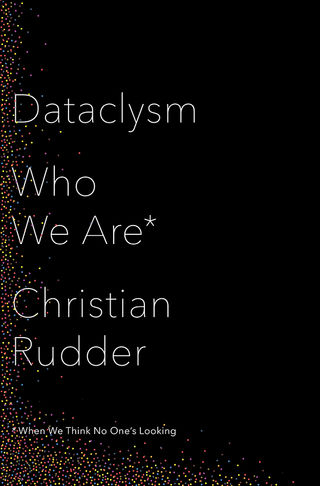The Great Experiment
A Q&A with OkCupid co-founder Christian Rudder
By Matt Huston published September 2, 2014 - last reviewed on July 25, 2018

As a cofounder of the dating site OkCupid, Christian Rudder has collected, sliced, and scrutinized the profiles and preferences of millions looking for love on the Web. His book, Dataclysm: Who We Are When We Think No One's Looking, is a bold step into the sphere of social science and a testament to the emerging ways in which data can teach us about humankind: How we love, lust after, rage against, and show ourselves to one another.
What do you want to show people about the power of Big Data?
I want to show that data can be used for something more interesting and—for me, at least—more worthwhile than police work or making money. Online data offer a fundamentally improved way of observing behavior and thinking about people. As soon as you have a different way to look at something, you get a totally different view.
Many of your findings capture psychological phenomena like biases and crowd behavior.
The data allow you to put the ideas into truly real-world environments. You can establish the halo effect or other concepts through theorizing or experiments—it makes sense, rhetorically, when you say that men look for women who are at the most fertile age—but you rarely get to see people acting in bulk in any detail.
How do online data change the game?
As the data become more sophisticated, longitudinal, and complete, I think some of the ideas that people hold are going to end up being relatively false and are going to need restatement. But in other cases, what we've read in textbooks all these years really does hold up, even among millions of people, free to act, without any idea that they're being tested or that anything different is going on. It's cool to see these ideas actually being carried out in the real world and to see the theories working. You could have sat and deduced the ideas of planetary motion without ever leaving your room, but going out and actually seeing the stars makes it real.
How does one approach such a large pool of data?
You have to ask the right questions. It's kind of like being at a video store in the old days. Now that the data are so easily available, the hard part is figuring out what's actually interesting to look at. It's more like old-school exploration.
